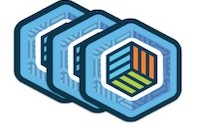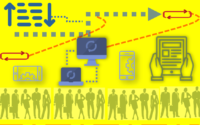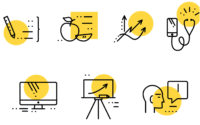
Marginalized Urban Indigenous Youth and the Virtual World of Second Life: Understanding the Past and Building a Hopeful Future
A small independent high school in the Canadian West is using the affordances of the virtual world of Second Life to explore and reconstruct the colonial past of their students: marginalized urban Indigenous youth. The affordances of the virtual world make it possible to reconstruct the past, deconstruct the present and create a possible hope-filled […]















